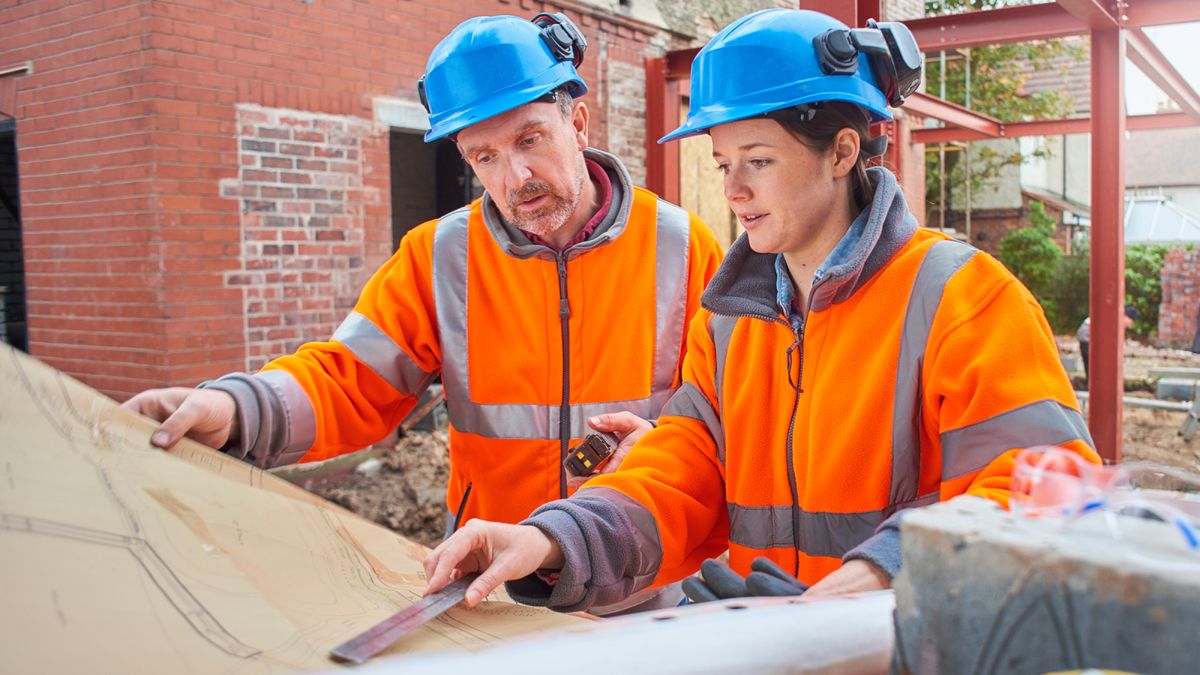Accuracy Matters: How Expert Surveying Services May Save Your Development

In the field of building, precision is not just a choice; it is a must. When initiating any undertaking, whether it is constructing a new home, developing a commercial property, or dividing land, the correctness of surveying services plays a crucial role in deciding the project's success. Hiring a qualified surveyor can save you time, financial resources, and unnecessary legal troubles, ensuring that your construction schemes align perfectly with municipal regulations and property boundaries.
Grasping the details of surveying is crucial for individuals involved in property exchanges or development. From boundary conflicts to zoning adherence, the repercussions of inaccurate surveys can ripple throughout a project, possibly causing costly blunders. In this article, we will discuss the top reasons to hire a expert surveyor, what you can look forward to during a land survey, and the various types of surveys that play a essential role in protecting your investments. With developments in technology such as GPS and unmanned aerial vehicles, surveying is always evolving, and grasping its importance can be crucial in your project's outcome.
Reasons to Employ a Qualified Surveyor

As you begin on any real estate endeavor, hiring a professional land surveyor is crucial for guaranteeing accuracy and compliance. A certified surveyor offers expertise in determining and defining land boundaries, which is crucial for preventing disputes among property owners. Their understanding of regional laws and regulations means that a surveyor can recognize potential zoning issues, making sure your project complies to legal requirements. This proactive approach can conserve time, funds, and litigation headaches down the road.
Moreover, professional surveyors make use of advanced technology, such as Global Positioning System and drone capabilities, to obtain precise data and create comprehensive maps. This technology significantly enhances the precision of surveys compared to techniques used by untrained persons. Regardless of whether you are building on a plot of land, buying a new home, or initiating construction, the detailed data provided by a qualified land surveyor can aid sound decision-making. This level of precision guarantees that all components of your project are based on firm foundations, resulting in successful outcomes.
In conclusion, engaging a licensed surveyor safeguards your investment by defining your property rights. Precise surveys identify property boundaries, easements, and encroachments, all of which can greatly affect your rights as a property owner. Skipping this essential process can result in misunderstandings among neighbors, costly legal disputes, or even project delays. By trusting Level 3 Building Surveys South London , you can enter into your project with assurance, knowing that your interests are safeguarded.
Forms of Land Surveys and the Importance
Land surveying includes numerous types of surveys, each serving a specific purpose and importance in the field of real estate and land development. Boundary surveys are essential for identifying the accurate lines of property ownership, which aids avoid disputes between neighbors. These surveys are commonly needed during property transfers, making sure that potential buyers are fully informed of their boundaries. In contrast, topographic surveys are utilized to map out the shapes and features of the land, including altitude changes and natural obstacles. This information is vital for building endeavors, as it informs design decisions and site planning.
Construction staking surveys are an additional essential type that guides builders by marking out the proposed locations of structures on the land. These surveys confirm that construction adheres to the approved designs, thereby reducing errors and costly rework. ALTA/NSPS surveys offer a higher level of detail, as they are often needed for commercial transactions and are used to verify property rights and potential encumbrances. Understanding these different categories of surveys enables property owners and developers to opt for the right services for their specific needs.
Lastly, environmental surveys play a crucial role in evaluating land for potential hazards or environmental impact. These surveys assist in zoning compliance and land use planning, making them essential for projects that may influence natural resources or local ecosystems. By understanding the different types of land surveys available, stakeholders and developers can make informed decisions that protect their investments, enhance project efficiency, and comply with legal requirements.
Technology and Advancement in Surveying
The surveying industry has seen a significant transformation over the last few years thanks to progress in technology. Surveyors now utilize GPS systems, which provide high-precision positional data, allowing for more accurate measurements and faster completion of surveys. The emergence of drone technology has further enhanced surveying capabilities by enabling airborne surveys of vast spaces quickly and effectively. Drones can capture detailed images and data from elevated positions that were previously difficult to reach, making it easier to evaluate landscapes and map areas accurately.
In addition to drones and GPS, software advancements have also transformed how surveyors analyze and present data. GIS have become essential to the industry, allowing land surveyors to create comprehensive digital maps that can combine various data sets. This system allows for not only better visualization but also improved analytical capabilities, helping project stakeholders make educated decisions based on accurate and thorough information.
As these advancements continue to progress, the profession of surveying is not only becoming increasingly efficient but also more approachable. Customers can expect faster turnaround times and greater accuracy, which eventually leads to better outcomes for their initiatives. Staying abreast of these advancements is crucial for both professionals and clients looking to ensure they receive the best solutions possible, making tech a key factor in modern surveying practices.
